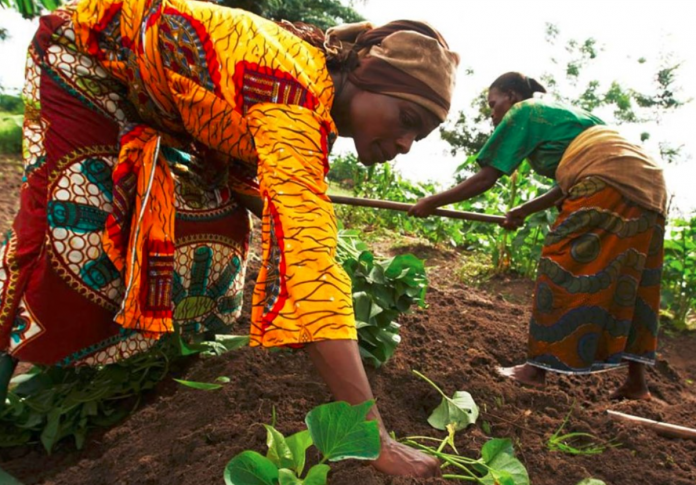News in brief: Despite government intervention efforts, Nigerian farmers are struggling with soaring fertiliser costs. Although, the Presidential Fertilizer Initiative (PFI) did improve local production it failed to curb rising prices.
Farmers in Nigeria have lamented the increasing costs of fertiliser despite government interventions, a local media outlet reports.
Through the Presidential Fertilizer Initiative (PFI), the government has invested over $121 million towards ramping up local production since 2016. And, although, it aims to make the critical farm input affordable to farmers, they have still had to purchase the product at high prices.
The situation undermines the objectives of PFI to aid farmersâ prosperity and cut down on food inflation. Price estimate under the project was put at 5,500 per 50kg bag but current prices of the product hover between N19,000 and N25,000 to almost N30,000 per 50kg bag. Industry analysts report an 80% rise in fertiliser prices in 2023.
The PFI aimed to save the country over $200 million annually on fertiliser imports and $60 million on subsidies. It managed to improve local production, recording about 2.97 million metric tons (MMT) of the product by resuscitating and establishing 52 bending plants in 19 states in the country. Fertiliser imports also fell to 154 tons from 23,3032 tons in 2016.
However, farmers have complained that these efforts are inadequate in significantly revamping the agricultural sector. Many of them have had to make do with augmentation efforts to boost crop growth, affecting output and profitability.
National President of the All Farmers Association of Nigeria (AFAN) Kabir Ibrahim noted that scarcity is a key factor driving prices up. He stated that the Nigeria Sovereign Investment Authority (NSIA), unlike hitherto when it allowed blenders to buy directly from suppliers, now allows blenders to procure from source, making it more expensive for farmers.
Ibrahim called on authorities to rejuvenate the PFI, by making the blenders produce optimally while the government offtake products to sell to farmers at subsidised rates. He claims that it will make the private sector take over the supply of fertiliser, while giving farmers the best price possible.
President Tinubu is doing something similar with his â¦200 billion agriculture intervention plan. Some of the funds is going into subsidising inputs for farmers and distribution has begun already.
With the cost of producing food increasing, it is little wonder that it is continually rising. Selected food prices for June 2023 showed items like boneless beef rising by 27.55% on a year-on-year basis, while rice and tomato were, 32.17% and 24.86%, respectively.



